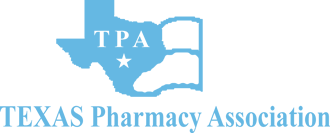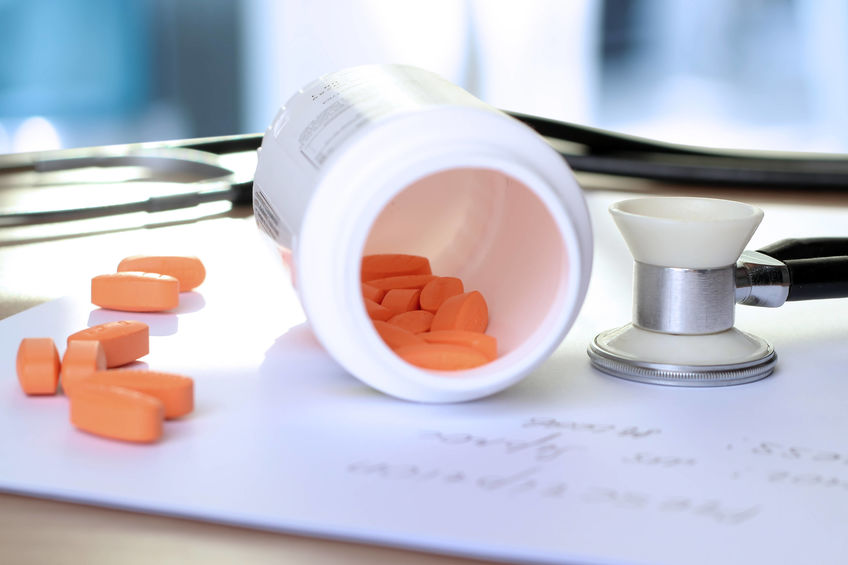Medication Allergy Symptom Checklist
A medication allergy is not the same thing as a side effect. When taking any kind of medication, understand what to look for in a medication allergy. The most common signs and symptoms include fever, rash, or hives. In some rare cases, a medication allergy can cause a life-threatening condition known as anaphylaxis. Symptoms of anaphylaxis include hives and itching skin, swelling of the tongue, throat, and lips as well as constriction of the airways, low blood pressure, difficulty breathing, a weak, rapid pulse, nausea, vomiting and dizziness.
Allergic reactions typically follow certain features. For example, a person may have an allergic reaction to a medication taken previously even though earlier consumption had no adverse reactions. Typically, the symptoms of an allergic reaction will disappear within a few days after the medication is stopped.

The most common allergy-causing drugs
Some drugs cause allergic reactions more often than others. Here is a rundown on the medications that most often cause a reaction.
Penicillin
Penicillin is a group of antibiotics used to treat bacterial infections. Around 10% of people report an allergic reaction to penicillin and is the most common. People who have an allergic reaction to penicillin may not react to similar drugs such as amoxicillin.
NSAIDs
Non-steroidal anti-inflammatory drugs (NSAIDs) are a type of pain relievers which include naproxen, ibuprofen, and aspirin. Some adverse reactions include hives or swelling of the throat, lips, or face. This type of allergy can also adversely effect people with asthma. NSAIDs are found in many over-the-counter medications.
Sulfa drugs
Sulfa can be found in a variety of drug classes including antibiotic and nonantibiotic drugs. Sulfa-based drugs can trigger a reaction in people who have a sulfa allergy. Symptoms of a sulfa allergy can range from rashes and hives to nausea, lightheadedness and abdominal cramping.
Chemotherapy
Chemotherapy drugs are used to treat certain types of cancer. Some people experience a hypersensitivity allergic reaction to chemotherapy medications. This is an overactive immune response which causes changes throughout the body.
Treatment for medication allergies
Although people who have had an allergic reaction to a medication may not necessarily have the reaction again but avoiding these medications are advised. For a mild reaction, a physician may prescribe antihistamines to combat the allergic response. Always include previous medical allergics whenever providing medical history to a new healthcare provider or pharmacy.
RECENT
ARTICLES



Our Patients Say
We pride ourselves on providing exceptional customer service to our community. Here are a few things that the community is saying about us.
Convenient and quality service. Ive never had my prescriptions filled quicker and the pharmacist took the time to tell me about what I was taking.
Excellent experience! Friendly, knowledgeable staff!
I have been a customer since they opened. Julie and Hiten have both treated me with the utmost respect and have always been ready to take care if my needs with a smile




